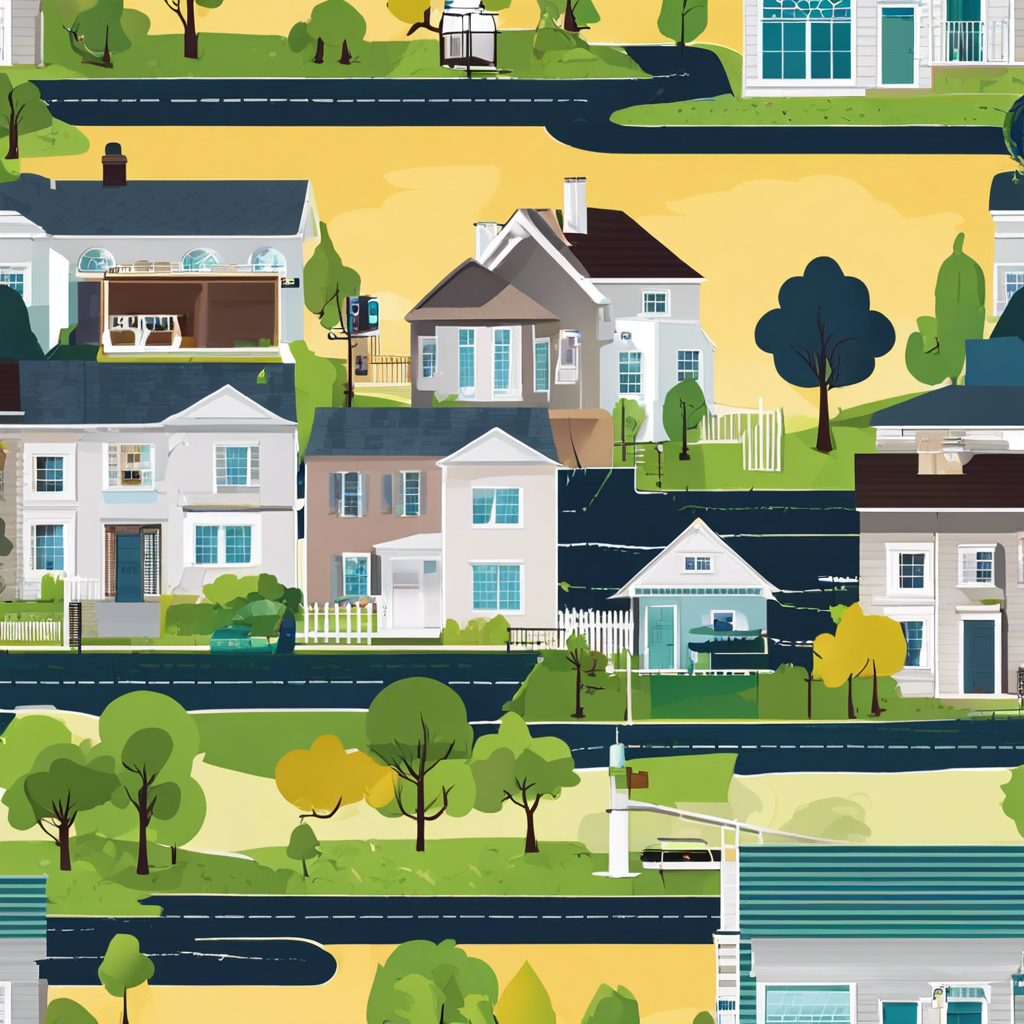**First Paragraph:**
With energy costs on the rise, many homeowners are looking for ways to reduce their utility bills without compromising on comfort. The good news is that there are plenty of simple and effective energy-saving hacks that can help you do just that! By implementing a few of these tricks, you can cut down on your energy usage, lower your monthly bills, and even reduce your carbon footprint. So, whether you’re looking to save money or want to do your part for the environment, read on for some helpful tips to get started.
**Second Paragraph:**
One of the easiest ways to start saving energy is by making small changes to your daily habits. Something as simple as turning off lights and appliances when you leave a room can make a big difference over time. Invest in power strips for your entertainment center and computer desks, and turn them off when the appliances are not in use. Computers and televisions in sleep mode still consume energy; turning them off will reduce your utility bills. You can also try adjusting your thermostat by a few degrees to reduce your heating and cooling costs. Just a small adjustment can save you a significant amount on your energy bills without sacrificing comfort.
**Third Paragraph:**
Another easy way to save energy is to make sure your home is properly sealed and insulated. Check for any gaps or cracks around doors and windows, and seal them with caulk or weather stripping. This will prevent heated or air-conditioned air from escaping, helping to regulate the temperature in your home more efficiently. Proper insulation is key to maintaining a comfortable temperature and can significantly reduce the strain on your heating and cooling systems. It’s also a good idea to check your furnace and air conditioner filters regularly and replace them when needed to ensure optimal performance.
**Fourth Paragraph:**
Upgrading to energy-efficient appliances is another great way to cut down on your utility costs. Look for the Energy Star label when shopping for new appliances, as these models are designed to use less energy and can save you money in the long run. You can also save energy by using certain appliances more efficiently, such as only running your dishwasher when it’s fully loaded and using cold water for laundry whenever possible. Additionally, hang your laundry to dry outside during warmer months, reducing the need to run your dryer, which uses a substantial amount of energy. These small changes in your laundry and dishwashing habits can add up to big savings on your energy bills.
**Fifth Paragraph:**
Lighting is another area where you can make significant savings. Replacing traditional incandescent bulbs with LED or compact fluorescent light bulbs can greatly reduce the amount of energy used for lighting in your home. These bulbs use a fraction of the energy and last much longer, so you won’t have to replace them as often. Motion-sensor lights or automatic timers are also a great investment, ensuring that lights are only on when needed, which is especially useful for outdoor lighting or little-used spaces like attics or basements. Not only will you save money, but you’ll also reduce the amount of waste produced by frequently replaced bulbs.
**Sixth Paragraph:**
Water heating accounts for a large portion of your utility bills. To reduce these costs, lower the temperature setting on your water heater to 120°F, which is sufficient for most households while still providing hot water for showers and dishes. Insulating your water heater and the first six feet of the hot and cold water pipes can also reduce heat loss, keeping the water hotter for longer and reducing the energy needed to reheat it. If you’re in the market for a new water heater, consider a tankless or heat pump model, which only heats water when you need it and can be up to 30% more efficient than traditional storage tank heaters.
**Seventh Paragraph:**
Solar panels are an increasingly popular way to reduce your reliance on the traditional energy grid and lower your utility bills. While the initial investment can be high, the long-term savings can be significant, and many government incentives and rebates can help offset the cost. Additionally, excess energy produced by your solar panels can often be sold back to the grid, further reducing your costs. If solar panels aren’t an option, you can still benefit from passive solar energy by strategically placing windows to maximize natural light and warmth in the winter, and properly shading them in the summer to keep your home cool and reduce the need for artificial lighting and air conditioning.
**Eighth Paragraph:**
Making your home more energy-efficient doesn’t have to be difficult or expensive. By combining a few simple habit changes with cost-effective upgrades and taking advantage of renewable energy sources, you can significantly reduce your utility costs and carbon footprint. Many of these changes will not only save you money but also improve the comfort and value of your home. So, start small and work your way up – every little bit helps in the quest to lower those monthly bills!
